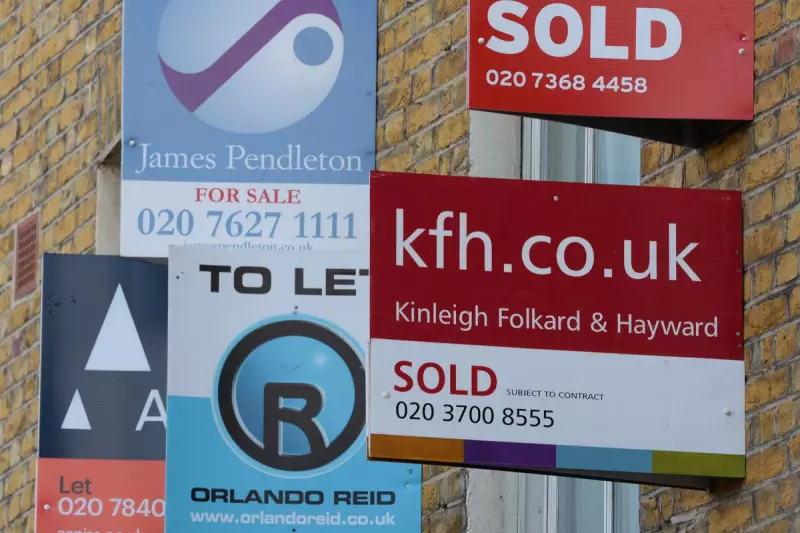
The UK's rental market has reached a devastating milestone, with the average asking price for properties outside of London soaring to a record high of £1,291 per calendar month. This represents a staggering 7% increase over the past year, piling immense pressure on tenants already grappling with the wider cost-of-living crisis.
Within the capital, the situation is even more extreme. The average rent in London has now hit an eye-watering £2,633 pcm, cementing its status as the most expensive place to rent in the country by a significant margin.
Regional Hotspots: Where Are Rents Rising Fastest?
While London's prices are the highest, the most dramatic percentage increases are occurring elsewhere. Scotland has emerged as a particular hotspot, with rents skyrocketing by an average of 12% over the last twelve months. The North West of England follows closely behind, witnessing an 11% surge in rental costs.
This trend highlights a nationwide squeeze, as demand for rental properties continues to massively outstrip supply in virtually every corner of the UK.
Landlords vs. Tenants: A Market Under Strain
The data, compiled by the property portal Rightmove, paints a clear picture of a deeply unbalanced market. On one side, prospective tenants are facing fierce competition for a limited number of homes, often being forced into bidding wars that push prices even further beyond advertised rates.
On the other side, landlords are navigating their own challenges, including higher mortgage rates and increased regulatory changes, which some argue are contributing to their decision to sell up, thereby reducing available stock even more.
No End in Sight for the Rental Crunch
Analysts suggest that this intense pressure on the rental sector is unlikely to abate in the near future. With high mortgage rates locking many would-be buyers out of the sales market, the demand for rental homes remains incredibly strong.
This report serves as a stark indicator of the growing affordability gap in the UK housing market, urging for further attention and potential policy interventions to address the deepening crisis.





